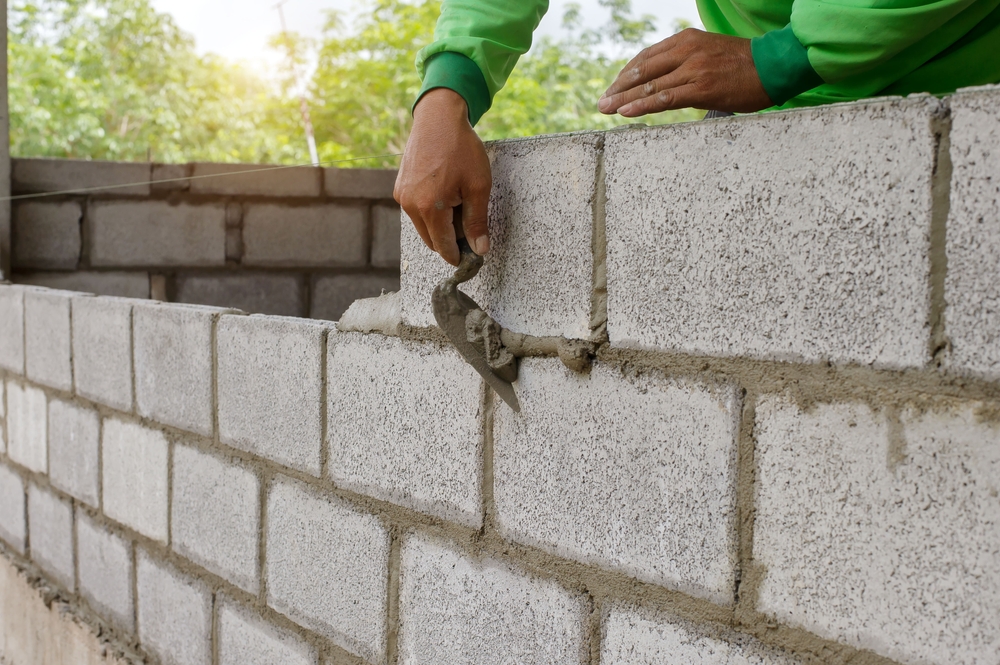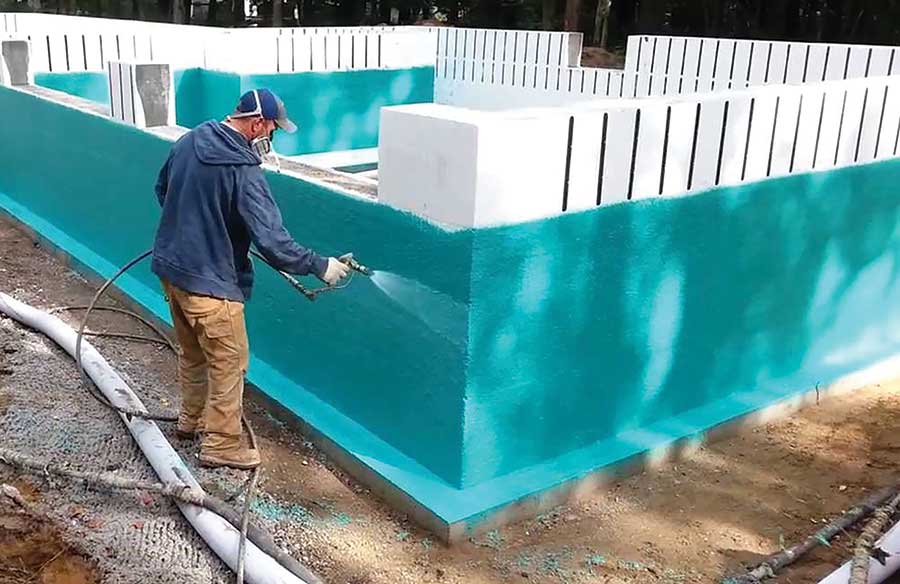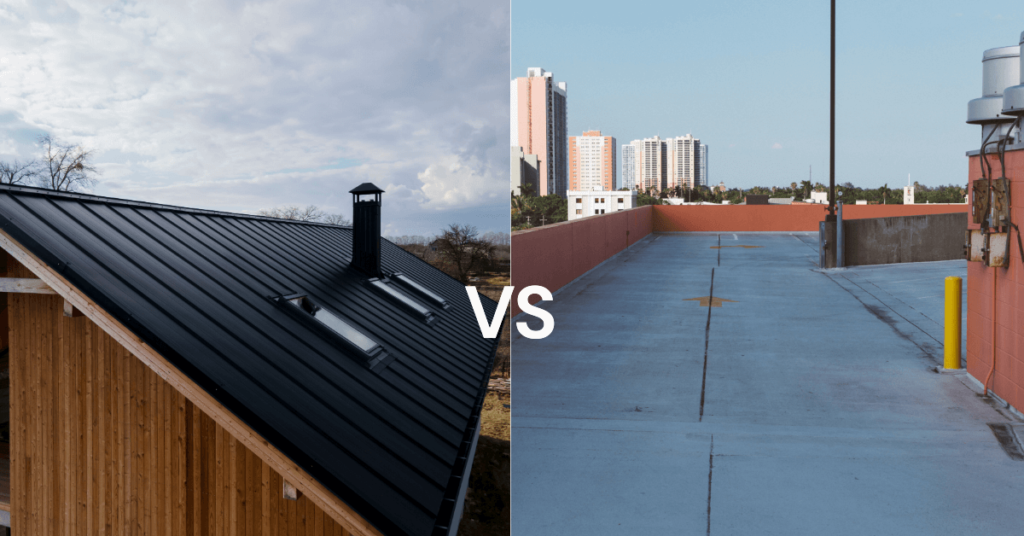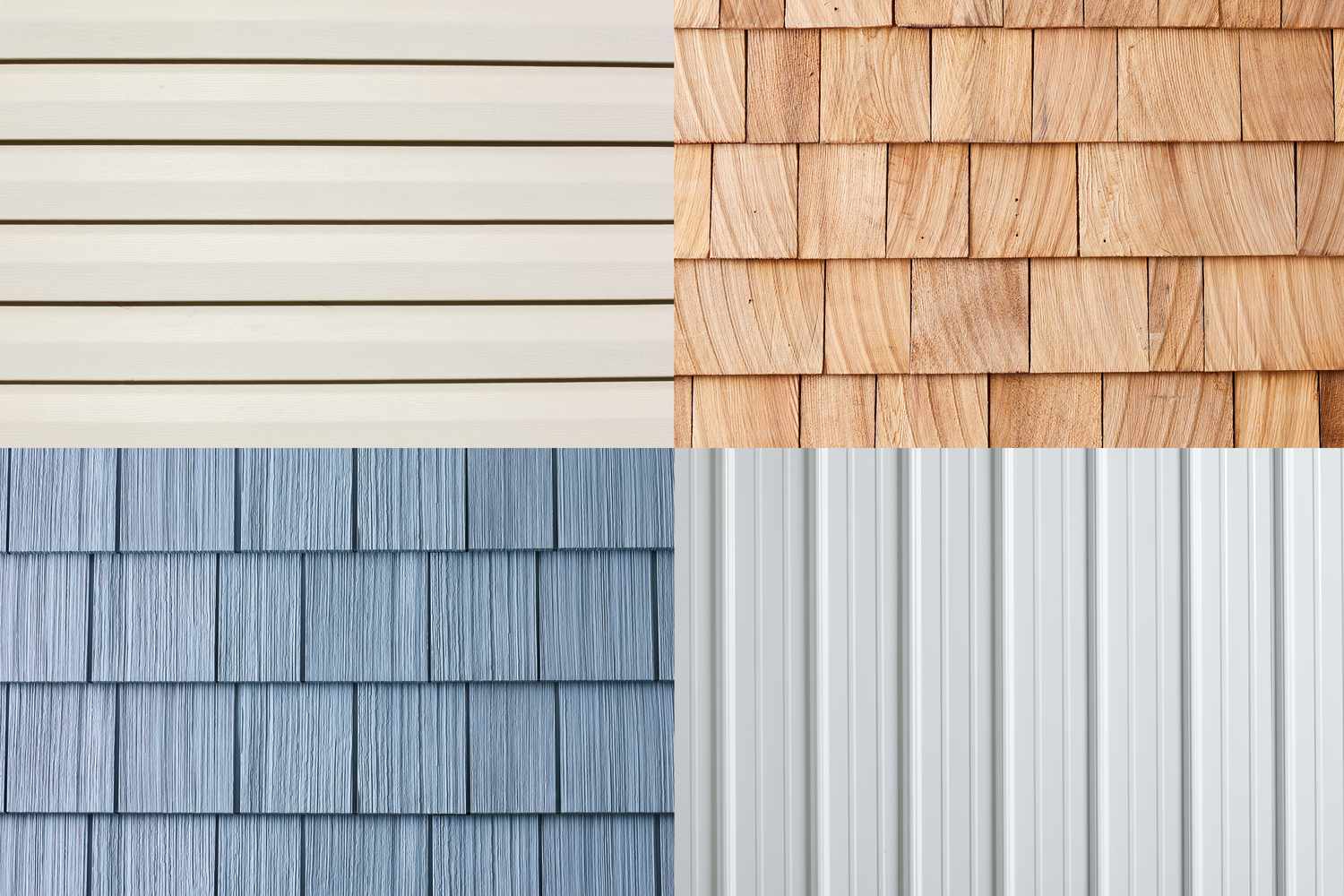New Jersey’s diverse climate presents unique challenges for outdoor structures, making the choice of deck materials crucial for long-term durability and performance. From the humid summers along the Jersey Shore to the freezing winters in the northern regions, your deck needs to withstand a wide range of weather conditions. At American Supreme Construction, we’ve been building and maintaining decks throughout New Jersey for years, and we understand which materials perform best in our state’s challenging climate.
Understanding New Jersey’s Climate Challenges
Before diving into specific materials, it’s important to understand the environmental factors that affect deck performance in New Jersey.
Temperature Extremes
New Jersey experiences significant temperature fluctuations throughout the year, with summer highs often reaching 90°F+ and winter lows dropping below 0°F. These extreme temperature changes cause materials to expand and contract, potentially leading to warping, cracking, and structural issues.
Humidity and Moisture
The state’s proximity to the Atlantic Ocean and numerous bodies of water creates high humidity levels, especially during summer months. This moisture can accelerate wood decay, promote mold growth, and cause metal fasteners to corrode.
Precipitation Patterns
New Jersey receives an average of 45-50 inches of precipitation annually, including rain, snow, and ice. This constant exposure to moisture requires materials that can resist water damage and maintain structural integrity.
UV Exposure
During summer months, decks are exposed to intense sunlight that can cause fading, drying, and structural degradation in many materials.
Traditional Wood Options: Pros and Cons
Pressure-Treated Lumber
Pressure-treated lumber has long been a popular choice for deck construction due to its affordability and availability.
Advantages:
- Cost-effective option
- Readily available
- Can be painted or stained
- Good structural strength
Disadvantages:
- Requires regular maintenance (staining/sealing every 2-3 years)
- Susceptible to warping and splitting
- Limited lifespan (10-15 years with proper maintenance)
- Chemical treatment concerns
- Prone to mold and mildew in humid conditions
Best for: Budget-conscious homeowners who don’t mind regular maintenance
Cedar and Redwood
These naturally rot-resistant woods offer better durability than pressure-treated lumber.
Advantages:
- Natural resistance to decay and insects
- Beautiful natural appearance
- Lower maintenance than pressure-treated wood
- Good dimensional stability
Disadvantages:
- Higher cost than pressure-treated lumber
- Still requires regular maintenance
- Limited availability and sustainability concerns
- Can fade and weather over time
Best for: Homeowners who prefer natural wood appearance and can afford higher costs
Composite Decking: The Modern Solution
Composite decking has revolutionized the deck industry, offering superior durability and low maintenance requirements that are particularly well-suited to New Jersey’s climate.
What is Composite Decking?
Composite decking is made from a combination of wood fibers and plastic polymers, creating a material that combines the natural appearance of wood with the durability of plastic.
Advantages of Composite Decking
Superior Durability:
- Resistant to rot, decay, and insect damage
- Won’t warp, split, or crack like natural wood
- Maintains structural integrity in extreme temperatures
- Excellent resistance to moisture and humidity
Low Maintenance:
- No need for annual staining or sealing
- Easy to clean with soap and water
- Resistant to mold and mildew
- Long lifespan (25+ years)
Climate Resistance:
- UV-resistant formulations prevent fading
- Excellent performance in humid conditions
- Resistant to freeze-thaw cycles
- Minimal expansion and contraction
Safety Features:
- Slip-resistant surfaces available
- No splinters or rough edges
- Consistent surface texture
Popular Composite Brands for New Jersey
Trex:
- Industry leader with excellent warranty
- Wide range of colors and textures
- Good UV resistance
- 25-year residential warranty
TimberTech:
- Premium appearance and feel
- Excellent durability
- Advanced UV protection
- 30-year residential warranty
Fiberon:
- Competitive pricing
- Good performance characteristics
- Variety of style options
- 25-year residential warranty
PVC Decking: Maximum Durability
PVC (polyvinyl chloride) decking represents the most durable option for New Jersey’s challenging climate.
Advantages of PVC Decking
Ultimate Weather Resistance:
- Completely impervious to moisture
- No rot, decay, or insect damage
- Excellent UV resistance
- Minimal thermal expansion
Minimal Maintenance:
- Virtually maintenance-free
- Easy to clean
- No staining or sealing required
- Consistent appearance over time
Longevity:
- 30+ year lifespan
- Excellent warranty coverage
- Resistant to all climate challenges
Popular PVC Options
Azek:
- Premium PVC decking
- Excellent appearance and feel
- 30-year residential warranty
- Wide color selection
Wolf Home Products:
- Competitive pricing
- Good performance
- 25-year residential warranty
Aluminum Decking: The Premium Choice
Aluminum decking offers the ultimate in durability and low maintenance, though at a higher cost.
Advantages of Aluminum Decking
Maximum Durability:
- Completely impervious to all weather conditions
- No rot, decay, or insect damage
- Excellent fire resistance
- Minimal thermal expansion
Ultra-Low Maintenance:
- Virtually maintenance-free
- Easy to clean
- No staining, sealing, or painting required
- Consistent appearance
Longevity:
- 50+ year lifespan
- Excellent warranty coverage
- Resistant to all environmental factors
Considerations
- Higher initial cost
- Different appearance than wood
- Can be hot to walk on in direct sunlight
- May require specialized installation
Material Comparison for New Jersey Climate
| Material | Durability | Maintenance | Cost | Lifespan | Climate Resistance |
|---|---|---|---|---|---|
| Pressure-Treated | Low | High | Low | 10-15 years | Poor |
| Cedar/Redwood | Medium | Medium | Medium | 15-20 years | Fair |
| Composite | High | Low | Medium-High | 25+ years | Excellent |
| PVC | Very High | Very Low | High | 30+ years | Excellent |
| Aluminum | Maximum | Minimal | Very High | 50+ years | Maximum |
Factors to Consider When Choosing Deck Materials
Budget Considerations
While initial cost is important, consider the total cost of ownership over the deck’s lifespan. A more expensive material with lower maintenance requirements may actually cost less over time.
Aesthetic Preferences
Different materials offer varying appearances, from natural wood grain to synthetic textures. Consider how the material will complement your home’s architecture and landscaping.
Usage Patterns
Consider how you’ll use your deck:
- High-traffic areas may benefit from more durable materials
- Areas exposed to direct sunlight need UV-resistant options
- Decks near pools or hot tubs require moisture-resistant materials
Local Building Codes
Ensure your chosen materials meet local building codes and homeowners association requirements.
Installation Considerations for New Jersey Climate
Proper Ventilation
Adequate ventilation beneath the deck is crucial in New Jersey’s humid climate to prevent moisture buildup and promote drying.
Drainage Systems
Proper drainage prevents water from pooling on the deck surface and reduces the risk of moisture-related damage.
Fastener Selection
Choose fasteners that are resistant to corrosion, especially important in coastal areas where salt air can accelerate rust.
Expansion Joints
Proper spacing and expansion joints are essential to accommodate the thermal expansion and contraction that occurs with temperature changes.
Maintenance Requirements by Material
Pressure-Treated Wood
- Annual inspection for damage
- Staining/sealing every 2-3 years
- Regular cleaning to prevent mold
- Prompt repair of any damage
Cedar/Redwood
- Annual inspection
- Staining/sealing every 3-4 years
- Regular cleaning
- Prompt repair of damage
Composite
- Annual cleaning with soap and water
- Periodic inspection for damage
- Occasional deep cleaning for heavily soiled areas
- Prompt repair of any damage
PVC
- Annual cleaning with soap and water
- Periodic inspection
- Minimal maintenance required
Aluminum
- Annual cleaning
- Periodic inspection
- Virtually maintenance-free
Cost Analysis: Long-Term Value
Initial Investment vs. Long-Term Value
While composite, PVC, and aluminum decking have higher initial costs, they often provide better long-term value due to:
- Lower maintenance costs
- Longer lifespan
- Better performance in challenging climates
- Higher resale value
Return on Investment
Quality deck materials can significantly increase your home’s value and appeal to potential buyers, making them a worthwhile investment.
Environmental Considerations
Sustainability
Many composite and PVC manufacturers use recycled materials, making them more environmentally friendly than traditional wood options.
Local Sourcing
Consider materials that are locally sourced to reduce transportation costs and environmental impact.
Why Choose American Supreme Construction for Your Deck Project?
At American Supreme Construction, we have extensive experience building decks throughout New Jersey’s diverse climate zones. Our expertise includes:
Material Selection Expertise
We help homeowners choose the best materials for their specific location, budget, and needs.
Professional Installation
Our skilled craftsmen ensure proper installation techniques that maximize material performance and longevity.
Comprehensive Warranty
We stand behind our work with comprehensive warranties and ongoing support.
Local Knowledge
We understand New Jersey’s climate challenges and building codes, ensuring your deck meets all requirements.
Making the Right Choice for Your New Jersey Deck
Choosing the right deck material for your New Jersey home requires careful consideration of climate factors, budget, and personal preferences. While traditional wood options may seem appealing due to lower initial costs, composite, PVC, and aluminum materials often provide better long-term value in New Jersey’s challenging climate.
The key is to balance your budget with your maintenance preferences and long-term goals. A well-chosen deck material will provide years of enjoyment while maintaining its beauty and structural integrity.
Contact American Supreme Construction today to discuss your deck project. Our experienced team will help you choose the perfect materials for your specific needs and ensure your deck is built to last in New Jersey’s unique climate.
Remember, your deck is an investment in your home’s value and your family’s enjoyment. Choose wisely, and you’ll enjoy the benefits for decades to come.




